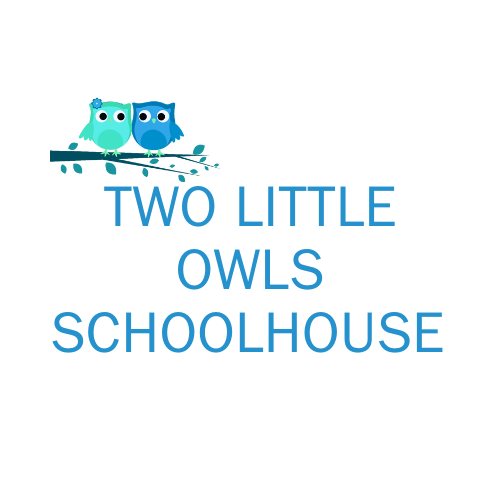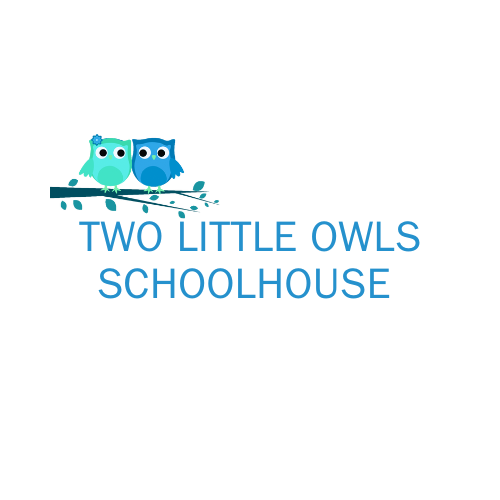Is Montessori the Right Choice for Your Child's Preschool Experience
As a parent, choosing the right early learning center or preschool is a crucial decision that sets the foundation for your little one's educational journey. More and more research is emerging confirming (what we already knew in early ed!) the importance of development from 0-6. This is creating mounting pressure for parents to make the right school choice (ah! ANOTHER choice)!
I will be writing a series outlining a few of the most popular approaches in the US to help inform you as to which may be the best fit for your kiddo. I will begin with one popular option to consider: the Montessori method. In this blog post, we will explore some of the main aspects of Montessori education and discuss how it differs from other approaches.
Dr. Maria Montessori
The Montessori Method was developed by Dr. Maria Montessori in the early 20th century. It emphasizes the natural development of children through self-directed learning and hands-on experiences. Driven by her observations of children, Montessori believed that each child has an innate desire to learn and that the role of the educator is to create a prepared environment that fosters growth and exploration.
The Montessori Method focuses on cultivating independence, freedom within limits, and the development of practical life skills. It incorporates mixed-age classrooms, self-correcting materials, and individualized instruction to promote holistic development in areas such as cognitive, social, emotional, and physical domains. Here is a bit more on each of these aspects of Montessori:
Child-Centered Learning: One of the core principles is the focus on child-centered learning. This approach recognizes that children have an innate drive to learn and grow. In a Montessori preschool, children are encouraged to follow their own interests and set their pace for learning. The classroom environment is designed to foster independence, exploration, and self-discovery.
Hands-On Learning Materials: Montessori classrooms are filled with specially designed learning materials that promote hands-on, interactive learning. These materials are carefully selected to engage children's senses and develop various skills, such as fine motor skills, problem-solving abilities, and concentration. By manipulating these materials, children acquire knowledge through direct experiences and active engagement.
Mixed-Age Grouping: In Montessori schools, children of different ages often share the same classroom. This multi-age grouping allows younger children to learn from their older peers, while older children develop leadership and mentoring skills. The diverse age range fosters a sense of community, cooperation, and empathy among the children, creating a dynamic learning environment.
Individualized Instruction: Montessori education recognizes that each child is unique and progresses at their own pace. Teachers in Montessori schools observe and understand each child's strengths, interests, and learning style. They then provide individualized guidance and support, allowing children to flourish academically, socially, and emotionally.
Free Play vs. Montessori Approach: While free play and imaginative play are important aspects of early childhood development, it's essential to note that Montessori education also values these forms of play. In Montessori classrooms, children are encouraged to engage in purposeful play with the learning materials provided. This type of play promotes concentration, problem-solving, and skill development. While the approach may differ from traditional free play, it doesn't mean that a child who loves imaginative play won't flourish in a Montessori school. The Montessori environment allows children to explore their interests and engage in imaginative activities within the framework of the learning materials available.
“A child who has become master of his acts through long and repeated exercises, and who has been encouraged by the pleasant and interesting activities in which he has been engaged, is a child filled with health and joy and remarkable for his calmness and discipline.”
There are some scenarios in which kiddos may not be a perfect fit for The Montessori Approach and would do better in a more traditional school environment, a nature-based/outdoor focused program, or a Reggio-inspired Emergent Curriculum.
Strong preference for traditional structure: If you and your child value a more structured and teacher-led approach to learning, where activities and schedules are predetermined, Montessori education's emphasis on freedom and self-directed learning may not align with your preferences.
Limited exposure to independent decision-making: If your child has had limited opportunities to make choices or lacks self-discipline, adjusting to the autonomy and responsibility encouraged in a Montessori environment may pose a challenge.
Difficulty with self-directed learning: Some children may thrive with more guidance and explicit instruction, rather than the open-ended nature of self-directed learning that is characteristic of the Montessori approach.
Strong preference for imaginative or dramatic play: While the Montessori Method encourages imaginative play, it may not provide the same level of focus on cooperative or dramatic play that some children naturally gravitate towards. If your child particularly thrives in collaborative or imaginative play settings, other educational approaches that emphasize these aspects might be a better fit.
Limited exposure to mixed-age settings: Montessori classrooms often have mixed-age groupings, which can be advantageous for social development and peer learning. However, if your child is accustomed to more age-segregated environments and may struggle with the dynamics of interacting with younger or older peers, it's worth considering how they might adapt to a Montessori setting.
Lack of teamwork or collaboration: With the focus on individual decision making and self-sufficiency, this approach does not put as much weight on collaboration in the classwork or working together as a team. This can be a crucial area of growth missed for a child that is learning to be a leader/ or thrives working with others
Ultimately, when you are making your decision, my top recommendation is to visit and observe different schools/approaches to understand their teaching philosophies, curriculum, and classroom environments. Try to see if you can schedule a tour where your child could come in and interact with the environment and educators…you will learn a lot from this experience! By considering your child's unique needs and preferences, you can make an informed decision.
Good Luck with your search!
SolBe Mar



